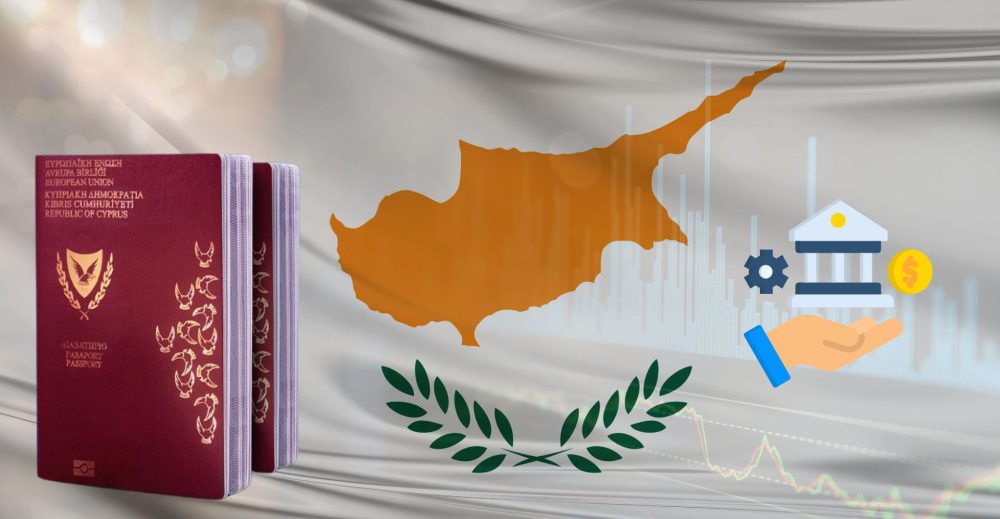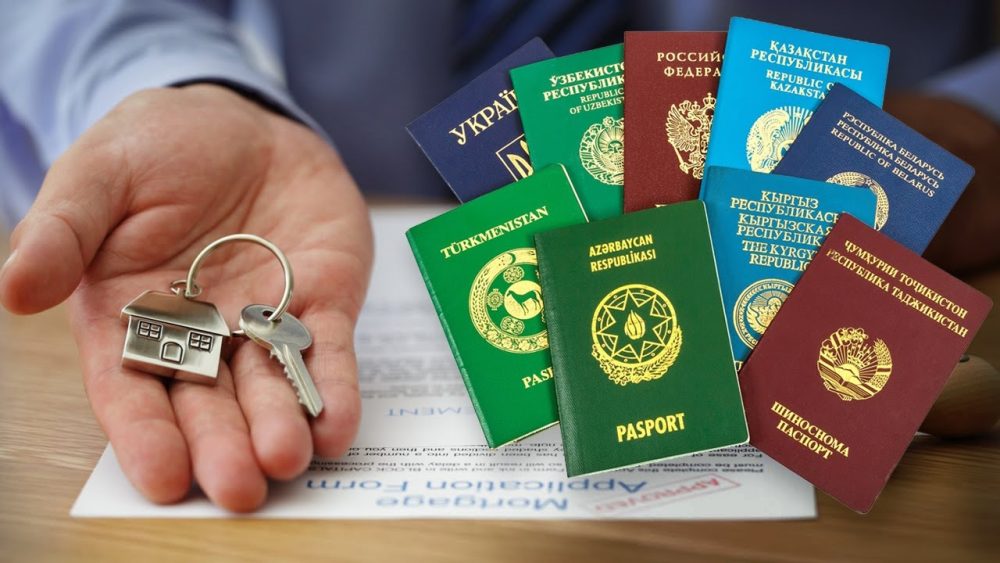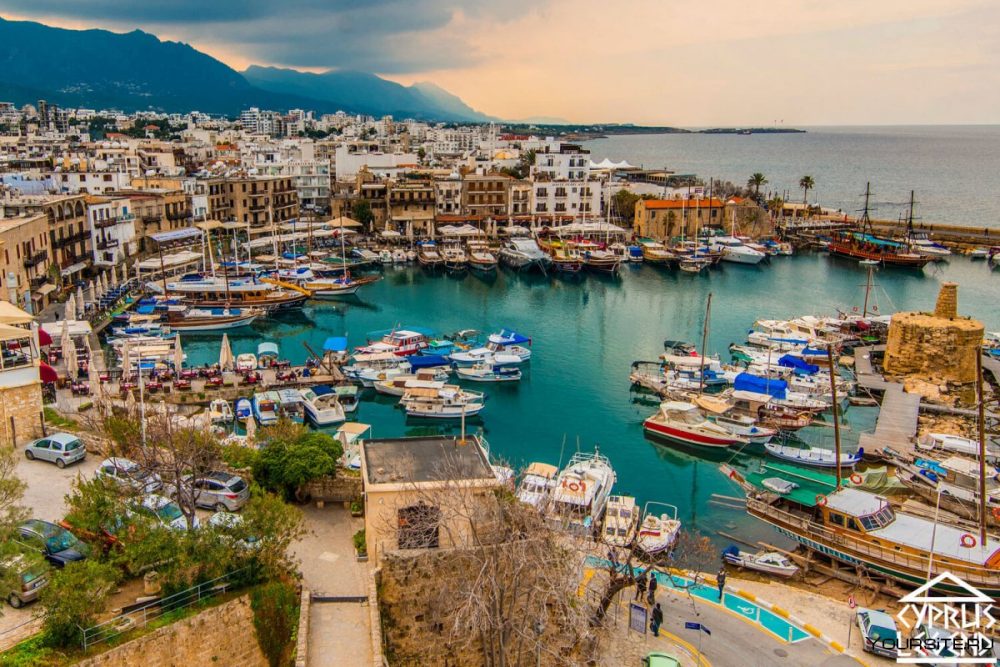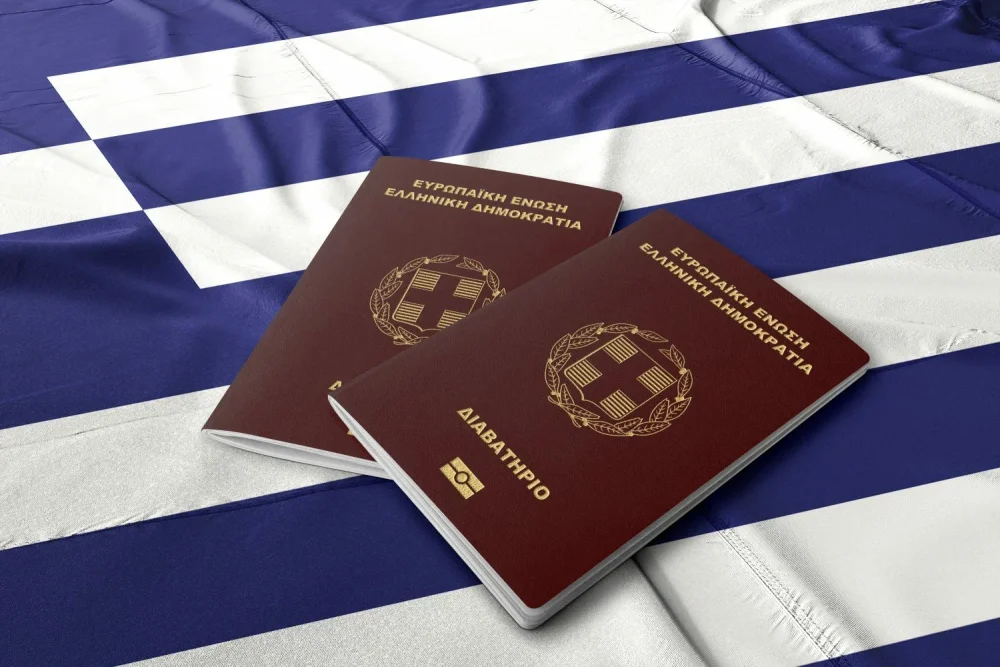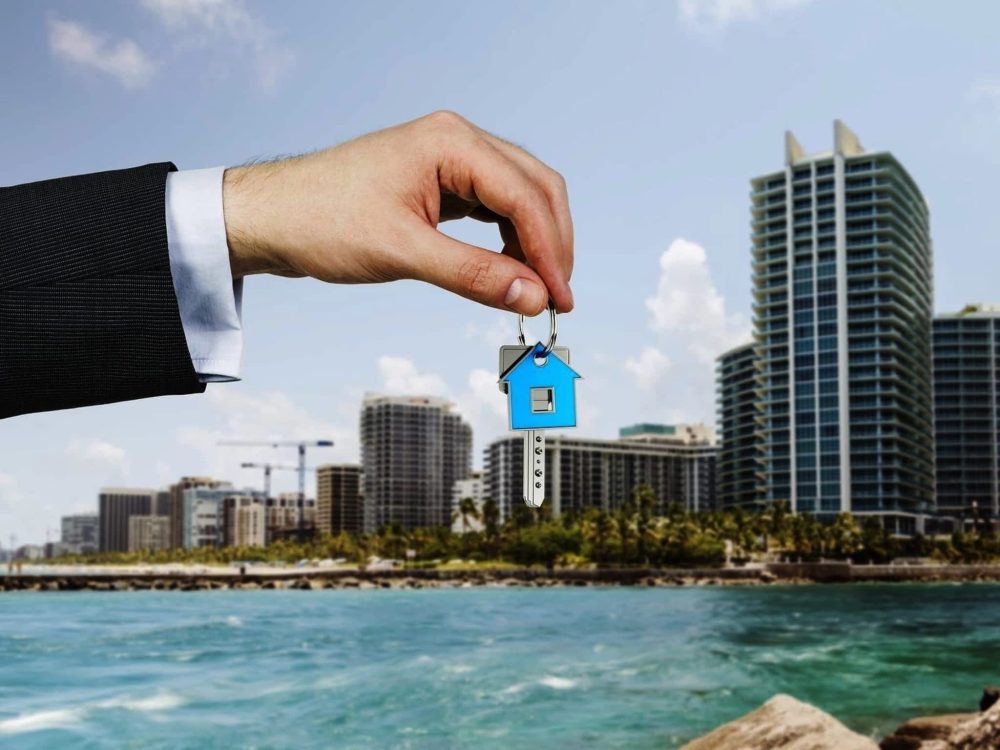The land of Cyprus is not just an island with clean beaches and a mild climate, but a full member of the EU, a stable jurisdiction, and one of the most desirable passports in Europe. It’s no wonder that the question of how to obtain Cypriot citizenship continues to interest investors, relocators, entrepreneurs, and those seeking legal and financial stability in 2025.
The Mediterranean investment center offers several legal grounds for obtaining residency, each accompanied by its own timelines, conditions, and features. Let’s break it down step by step—without water, illusions, or “magic solutions.”

How to obtain Cypriot citizenship: current grounds and paths
In 2025, citizenship can be obtained through both classic and extended grounds. There are several options: from naturalization to descent, from marriage to exceptional merits. The direct path through simplified investment is currently unavailable, but economic participation can still influence the state’s loyalty when making a decision. Below are the active grounds through which citizenship can be obtained:
- through naturalization—for those who have legally resided in the country for 7 years and completed the procedure;
- through marriage—when officially married to a Cypriot and living together;
- by descent—if one of the parents or grandparents was a Cypriot citizen;
- through investments—indirectly, by participating in the economy and meeting naturalization conditions;
- under special status—for highly qualified professionals, scientists, athletes, and cultural figures.
The choice of path depends on individual circumstances. But all of them require not only formal grounds but also conscientious participation in the life of the state.
Naturalization: the classic way to become a citizen
Most often, citizenship through naturalization is obtained by residents who have lived on the island for 7 years or more—a basic path for those exploring how to obtain Cypriot citizenship. Moreover, at least 1 year before submitting the application, you must continuously reside on the island. The applicant must demonstrate stable income, basic language proficiency, integration, and loyalty to the country’s laws.
The procedure includes submitting an application, providing documentation, an interview, and review by the Ministry of Interior. It is important to understand: it is not a mechanical issuance of a passport but a political-legal procedure in which the state evaluates the candidate’s reliability.
Through marriage: an accelerated path in real relationships
If you are married to a resident and live with them in the country, you can apply for citizenship after just 3 years of living together. With children or long-term cohabitation, the period may be shortened.
Citizenship through marriage in Cyprus does not imply automatic approval. It requires evidence of the authenticity of the relationship: shared life, financial dependence, and cohabitation.
Cypriot citizenship by descent: a short path for descendants
If one of the parents or grandparents was a citizen, you can obtain a passport through a simplified procedure. The main thing is to documentarily confirm the chain of kinship and the absence of severed ties in the past. This method does not require naturalization or residency.
Investments: an indirect but effective lever
The Cyprus citizenship by investment program in its previous form is closed. However, affluent foreigners who have purchased real estate, invested in business, or the banking sector can use their investments as an additional argument when submitting documents through naturalization.
What are the main benefits of residency? Freedom of movement within the EU, tax benefits, stability of financial instruments, and access to the education and healthcare system.
Required documents for obtaining citizenship
Regardless of the grounds, it is important to gather a complete and correct set of documents. For those who want to understand how to obtain Cypriot citizenship, the first step is precisely preparing the necessary information.
Standard requirements include a valid passport with an expiration date, birth certificate, proof of legal residence (e.g., residence permit, permanent residency, or a residency card), documents confirming income and tax payments, a certificate of no criminal record.
Depending on the grounds, additional documents may be required, such as proof of kinship or a marriage certificate.
All documents must be translated into Greek or English and notarized. The quality of dossier preparation directly affects the speed and outcome of the application review.
Financial expenses: how much does it cost in practice?
When submitting an application, there are mandatory associated costs that are important to know in advance. Let’s consider the cost items to take into account when planning:
- government fee—for application registration;
- translation and certification of documents—according to established tariffs;
- services of a lawyer or migration consultant—optional but recommended;
- administrative fees—if the procedure goes through expedited processing at the bank;
- expenses for exams or interviews—during naturalization.
In total, expenses can range from 1000 to 4000 euros. If you use an agent, it will be more. However, self-processing is quite possible with the presence of time and attention to detail.

How to obtain Cypriot citizenship in 2025?
Choose a suitable ground: naturalization, descent, marriage, professional demand. Prepare the documents, meet the deadlines, confirm income, integration, and respect for state principles. Not a fast but entirely feasible process.
With Cypriot residency, you gain access not just to a passport but to European opportunities in their full extent!
